SEMESTER
United Station National Roadtrip
Where We Travel
START: Washington, D.C
We start at the hub of politics, spending 2 weeks exploring the capitol, talking with representatives, seeing museums, and working to build a cohesive cohort
SOUTHEAST: Our first stops are through Appalachia, listening closely to community members and leaders as we we work our way into the deep South. We head to the Equal Justice Initiative in Montgomery, Alabama. Walk across the bridge in Selma and keep heading South to New Orleans, where we will work with farmers and leaders in environmental justice.
TEXAS: We will move through Texas and part of Oklahoma, stopping to work with organizations who are on the frontlines of human and natures intersection within the state.
SOUTHWEST: As we enter into New Mexico we will visit the Carlsbad Caverns National Park, moving towards Santa Fe to visit the pueblos and start our examination of the desert and borderlands. We head south into the Zuni Nation, spending time with alumni and learning about indigenous land in the SW. As we get deeper in the Southwest, we head to Tuscon to work with No More Deaths and talk with Border Patrol. Before we head into California we will go Grand Canyon National Park.
CALIFORNIA: In our final state, we will explore Joshua Tree National Park and then head into San Diego for a week long retreat, giving time for reflection and closing of the Semester. We will of course, jump into the Pacific Ocean after making it coast to coast.
END: San Diego, CA

Our mission is rooted in our firm belief that traditional school doesn’t work for everyone, thus we have created a school without walls to personalize and engage students in the country around them. Our work is with students who often are 1-2 years behind in credits. A semester allows us to recover credit and create a more long term relationship with the student and family, while also inspiring youth to see beyond their own lives.
We created overnight programming in response to a need for a safe place to land at night. Any form of boarding school allows students the space to consider their life without the patterns of back home. The roadtrip was created because no other program is doing it, the impact on civic life is unparalleled, and it’s awesome!
NEW GENERATION
ACADEMICS
ACADEMICS
Each of our student trips includes core academic classes - U.S. History, English, Natural Science, Math, Civics, Art, P.E.- plus a leadership curriculum. We think of these core classes as anchors to the multifaceted, interdisciplinary experiences that students encounter through travel. The disciplines are there to serve students' understanding of these experiences, not the other way around.
OUR CLASSES
Our classes are small. We have between ten and fifteen students and four educators. Our goal is to create a learning environment that gives students real responsibility for their education, an environment that balances the exultation of adventure with a deep quest for complexity and offers students the chance to pursue their own ideas and passions.
OUR GOALS
When students come to the Field Academy, they become part of a generation of citizens who have been to New York City and Ames, Iowa, and who have talked to survivors of Hurricane Katrina in New Orleans and to Native Americans on reservations in South Dakota; who have seen the canyons of Utah and the cherry blossoms in Washington D.C.; who have listened carefully to the opinions of conservatives, liberals, libertarians, and evangelists, and who have consciously formed their own systems of belief; who are equally knowledgeable about localized sustainable agriculture and the global economy, about the physics of wind energy and the innovations of American literature; who have critically explored the question, “What does it mean to really live in this country that you govern? How do we see home?”
PEDAGOGY
PROJECT BASED LEARNING
Students engage by making real-world connections through exploration and high-level questioning. It is an approach to learning that encourages students to engage in problem-solving and applying their knowledge in projects.
COMMUNITY BASED LEARNING
“Community-based learning is motivated by the belief that all communities have intrinsic educational assets and resources that educators can use to enhance learning experiences for students.” (Glossary of Education Reform)
FALL 202
September 8-December 16





